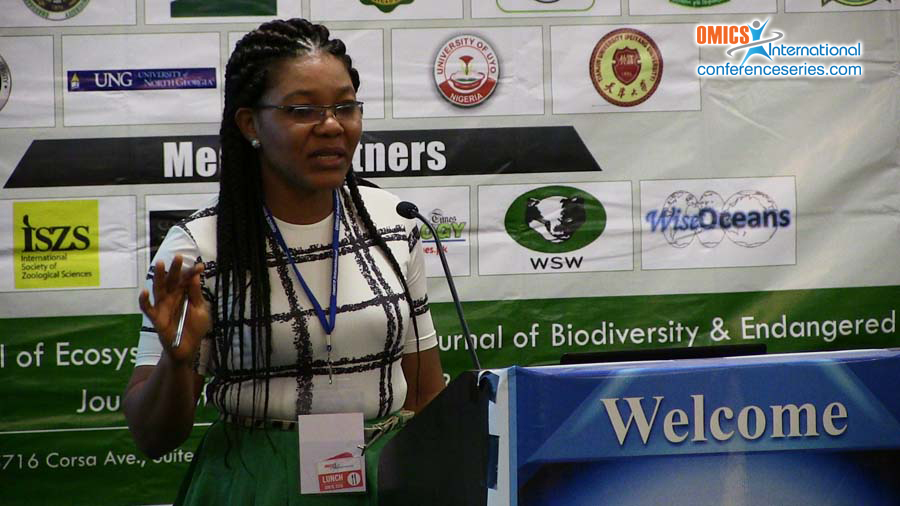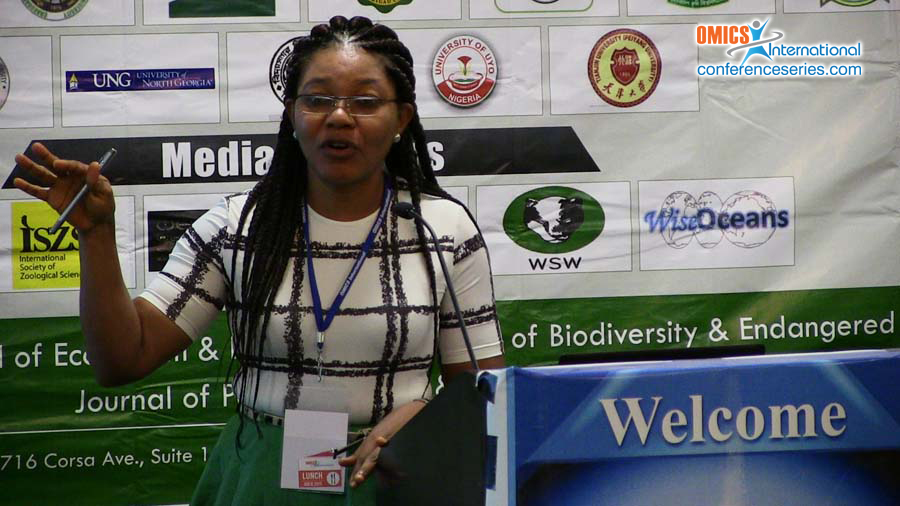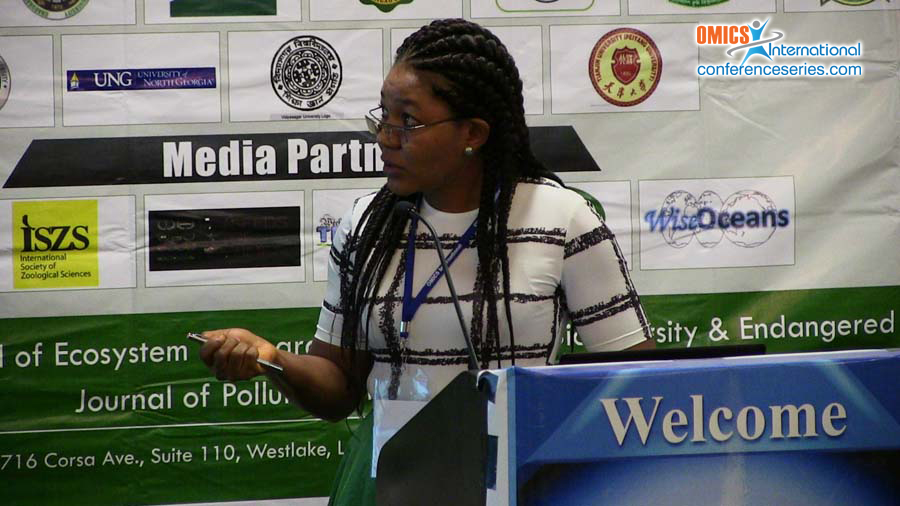
Nkechi Emea Ibisi
Michael Okpara University of Agriculture, Nigeria
Title: Adsorption and corrosion-inhibiting effect of Aspilia africana extract on low-carbon-steel corrosion in Acidic media
Biography
Biography: Nkechi Emea Ibisi
Abstract
Introduction: The use of chemical inhibitor for low-carbon steel corrosion has been investigated to be the most practical and cost effective means of preventing corrosion, however some plants extracts contains various organic compounds (e.g. Alkaloids, tannins, proteins, saponin, pigments, organic and amino acids); which some have been reported to possess corrosion inhibition abilities. This present study has a dual purpose; first to further establish the effectiveness of plant extracts as corrosion inhibitors and second to attempt deduction of the inhibition mechanism and possible adsorption modes of the extract’s active components.
Methods: Gravimetric experiments: This technique is based on the principle of weight loss as previously described in literature. However experiments were conducted at 30°C, 50°C and 60°C.
Theoretical Modeling Simulations: All theoretical calculations were performed with the density functional theory (DFT)(5) electronic structure programs using DMol3 with generalized gradient approximation(GGA) as contained in the Materials Studio 5.5 software.
Results & Discussion: The corrosion process was inhibited by adsorption of the extract organic matter of Aspilia africana on the steel surface and addition of potassium iodide (KI) synergistically increased the inhibition efficiency of the extract. Adsorption of the phytochemicals on the surface of the metal conformed to langmuir, temkin and freundlich isotherm. The DFT-based quantum chemical computation of parameters associated with the molecular electronic structures of one of the active constituents of the leave extract (Inositol) confirmed their corrosion inhibiting potential and established their individual contributions to the observed inhibiting effect.
Conclusion: Based on the results obtained, the following were concluded; 1) The corrosion of low-carbon steel in HCl increases with increase in concentration of the acid and also with the period of contact and temperature. 2) Corrosion inhibition of Aspilia africana is attributed to chemisorptions of the phytochemical components of the extracts on the surface of the metal.



